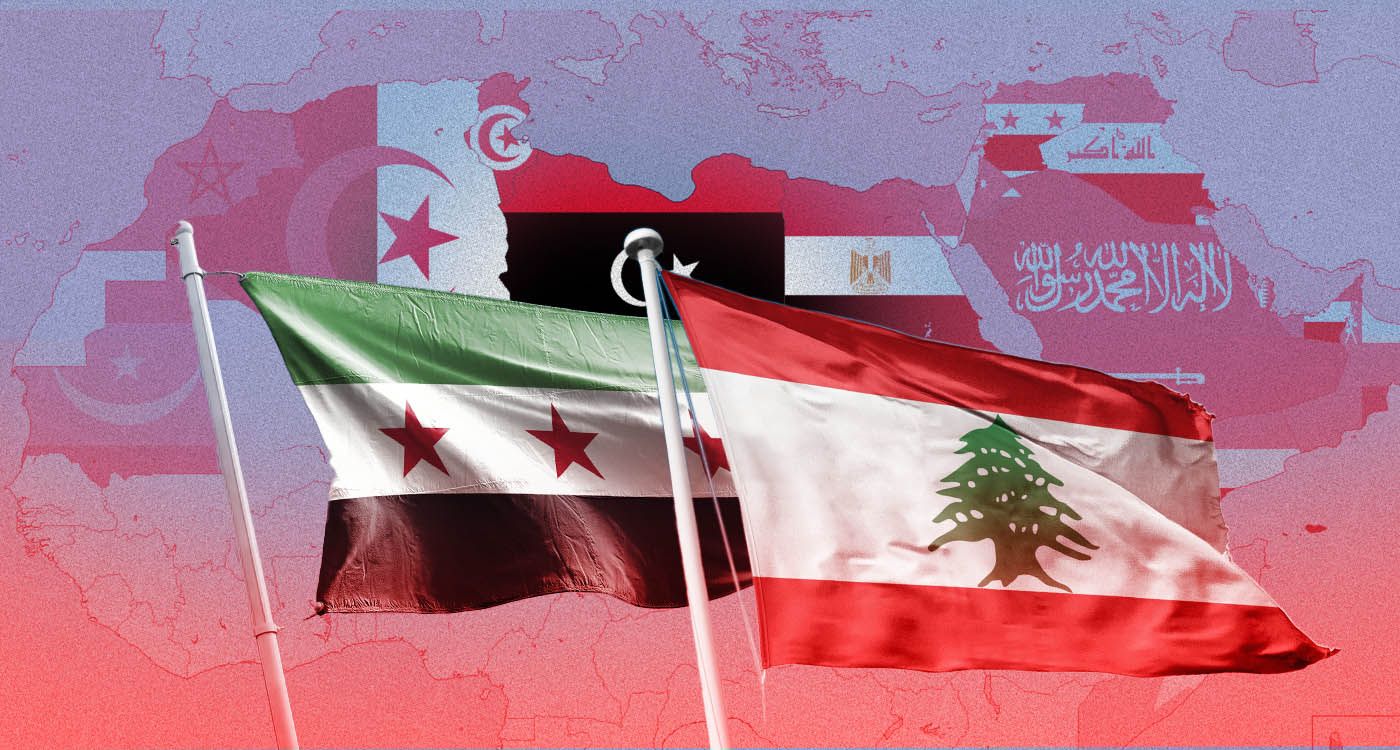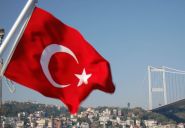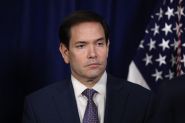- Home
- Middle East
- Is Democracy Possible in the Arab World?

©This is Beirut
A true curse. No Arab country has ever known a democratic regime. With the notable exception of Lebanon and its (highly) flawed system, the 400 million Arabs have, since their independence, only had the option of choosing between more or less tyrannical dictators. The latest to fall was in Syria, and no one will mourn him.
The Assad family, more accurately known by the name "Al-Wahesh" (the savage), has surpassed all limits of hatred and brutality. After the dictator and his cronies fled, the world, horrified, discovered the full extent of the crimes against humanity that had been the norm in a country left in ruins. In Lebanon, we have long known, through our own suffering, that this regime was nothing short of monstrous. Behind every tragic event, every war, every assassination… the foul stench of this regime was always present. Since the independence of our poor Lebanon, this unbearable neighbor had been its appointed executioner. The tears of the Syrians taste the same as ours.
Anyone who so brutally mistreats their own people cannot possibly feel any empathy for others. At some point, of course, attention will inevitably turn to the Lebanese "waltzers," who made their regular trips to Damascus — not like Saint Paul seeking enlightenment, but to gain favor with their masters, our butchers. None of these Lebanese figures who swore allegiance to the tyrants have reacted. Many owe their very existence to the Assad family. But one day, that day will come...
For now, the focus is on the return of the hundreds of missing people that no one wanted to acknowledge. They are returning, dazed from the horrors they endured. The focus is also on the future. Will Lebanon and Syria become “normal” neighbors? For now, the rebels have been flawless. No persecutions, no executions… Often drawn from Islamist movements, they present themselves as moderate leaders who envision a new Syria — one that is free, open, at peace with everyone and respectful of its minorities. This would be a dream come true for Lebanon, so unaccustomed to such a message of tolerance. In fact, the rebels have caught everyone by surprise — at least those who were unaware of their plans. The West is still unsure how to remove these groups from its terrorist lists.
A politically acceptable framework is currently being developed. After that, the task will be to rebuild the country, its people and their minds, shattered by 54 years of ruthless Baathism. And what if, to our great joy, Syria were to become democratic? That would be the true "Arab Spring." Because since 2011, this term has become synonymous with "Arab nightmare." The era of freedom flowers has failed everywhere. Tunisia is trapped in political chaos, unable to produce any solutions. Libya, once the wealthiest country in Africa, is fractured into pieces controlled by warlords who blend corruption with violence, with the grim memory of Gaddafi still looming. Egypt is ruled with an iron fist by the military, following the disastrous experiment of the Muslim Brotherhood in power. Yemen has descended into medieval times, mired in senseless wars. Sudan is a terrifying sight, with every neighborhood controlled by some wild-eyed self-proclaimed general, instilling fear at every turn. Iraq is divided into three parts, each ruled by corrupt elites who do nothing for a people robbed of their wealth.
But why is democracy seen as incompatible with the Arab world? Some may claim it’s an issue of economic development. That’s wrong! In Central and Latin America, even poorer countries have managed to maintain democracies. The European Union, though imperfect, has succeeded — albeit in a flawed way — in uniting very different peoples who were once at war with each other for centuries. What do a Latvian and a Greek have in common? Absolutely nothing. Not their history, language, religion or traditions... Yet, they share the same passport, the same freedom to travel and work and the same currency.
How is that, from Morocco to Iraq, across a continuous geographical region with a shared language and dominant religion, the Arab world finds itself in such a state? Some try to explain this by pointing to a so-called secret conspiracy aimed at undermining the Arabs. The tragedy is that some actually believe this. No! The responsibility for this situation rests squarely with the leaders in power across the region. In the meantime, it is the Turks and Iranians who are shaping the future of the Arabs — just as they have throughout history.
Read more




Comments